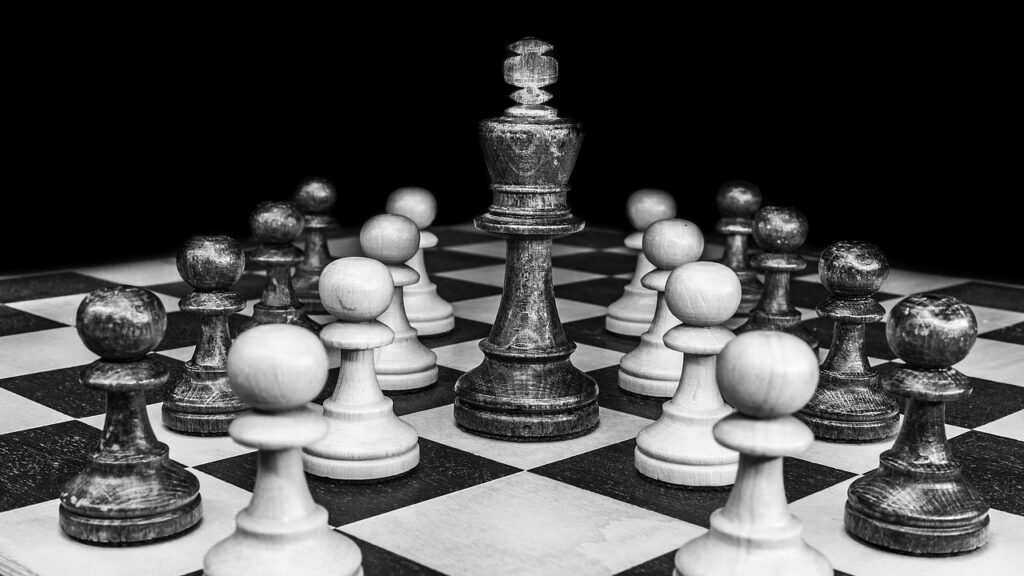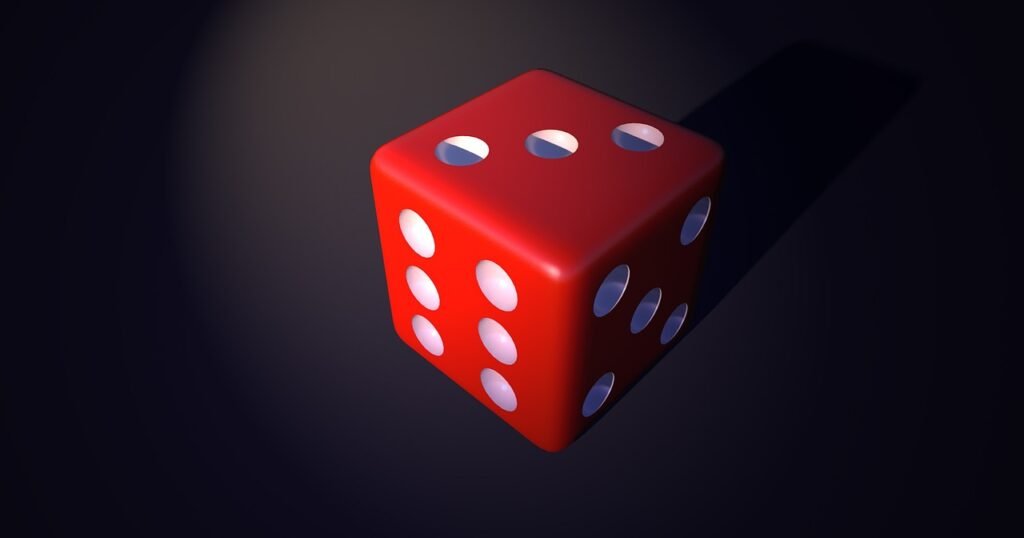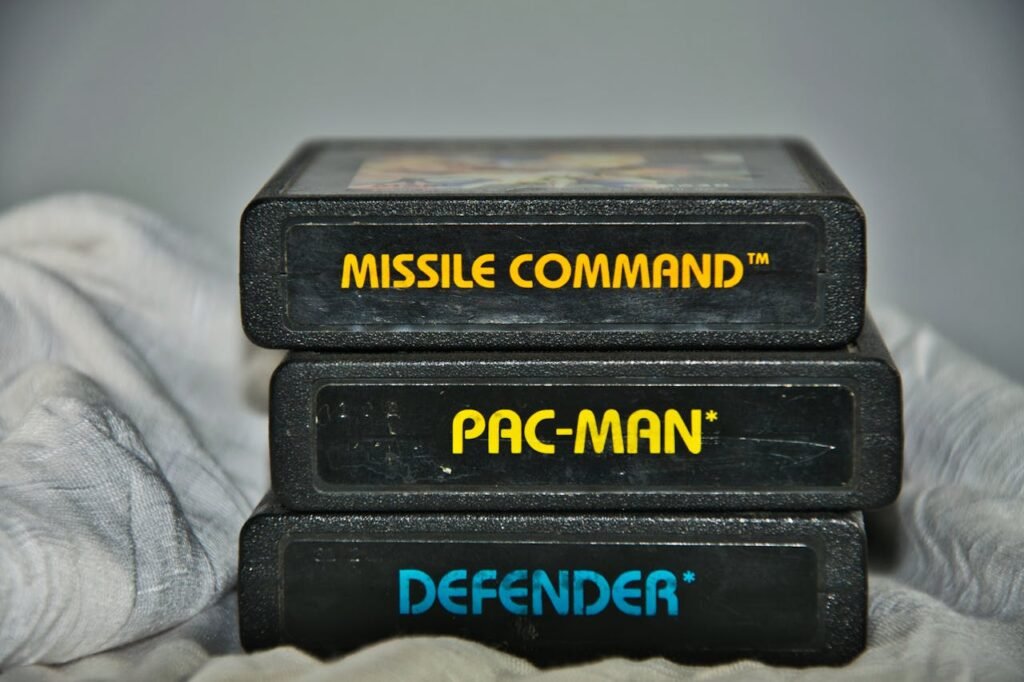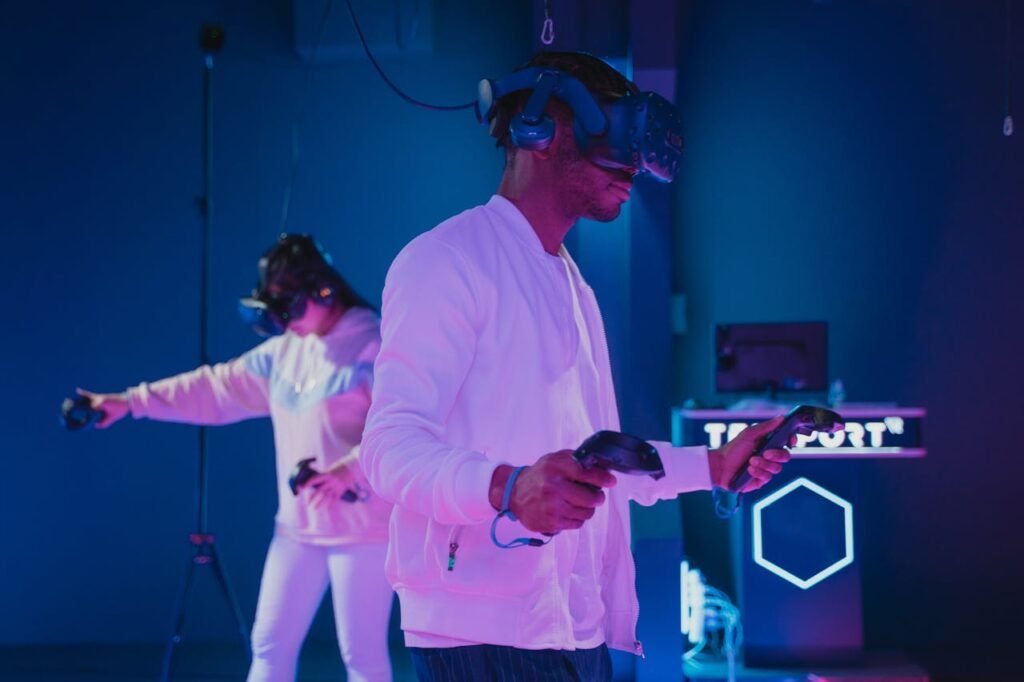FROM ANCIENT GAMES TO MODERN ESPORTS
By Syed Adon Ahmed Oti-
I believe gaming is a universal form of entertainment that transcends cultures and eras. From the board games and sports of ancient civilizations to the digital landscapes of modern esports, the evolution of gaming is a fascinating journey through time. This article explores the rich history of games, tracing their development from simple pastimes to the high-stakes, competitive world of contemporary esports.
Let me take you on a quick journey through history and highlight some of the major elements related.
Ancient Games: The Dawn of Play
Long before the digital age, games played an integral role in human society. They served not only as a form of entertainment but also as a means of socialization, education, and cultural expression.
Board Games of Antiquity
Board games have been a part of human culture for thousands of years. The ancient Egyptians played Senet, a game of strategy and chance dating back to 3100 BCE. Similarly, Go, originating in China over 2,500 years ago, is one of the oldest board games still played today. These games often had spiritual or educational significance, reflecting the values and beliefs of their respective societies.
Senet, for instance, was believed to be connected to the journey of the soul through the afterlife, making it more than just a game but a ritualistic experience. Go, with its simple rules but complex strategy, mirrored the balance and harmony valued in ancient Chinese philosophy.
Traditional Sports
In addition to board games, traditional sports were also a significant part of ancient cultures. The Greeks pioneered the concept of organized sports with the Olympic Games, first held in 776 BCE. These events were not only a celebration of physical prowess but also an expression of honor and reverence to the gods.
Other ancient civilizations, such as the Maya, played ball games like Pok-A-Tok, which held religious and political significance. These games often symbolized the cosmic struggle between good and evil, reflecting the interconnectedness of play, religion, and societal values.
The Middle Ages to the Renaissance: Game Evolution
The Middle Ages saw the spread of games across Europe, Asia, and the Middle East. Chess, which originated in India during the 6th century, became a symbol of intelligence and strategy as it spread through Persia and into Europe.
During the Renaissance, games evolved to include new forms of entertainment, such as card games and early forms of sports like fencing and archery. These games were often played by the nobility and were seen as a means of displaying skill and gaining favor in courtly society.
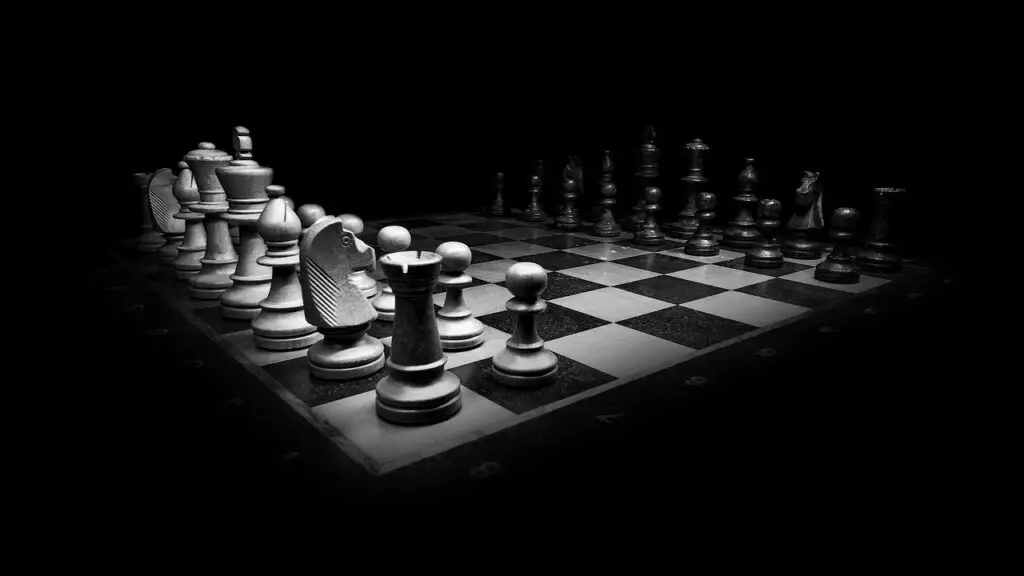
The Industrial Revolution: The Rise of Modern Games
The Industrial Revolution brought significant changes to the world of gaming. With the rise of the middle class and increased leisure time, games became more accessible to the general population.
Board Games and Physical Sports
The 19th century saw the commercialization of board games with the introduction of mass-produced games like Monopoly and Scrabble. These games reflected the growing emphasis on competition and capitalism in society.
Physical sports also gained popularity during this period. Sports such as soccer, rugby, and cricket became organized with formal rules and leagues, laying the groundwork for modern competitive sports.
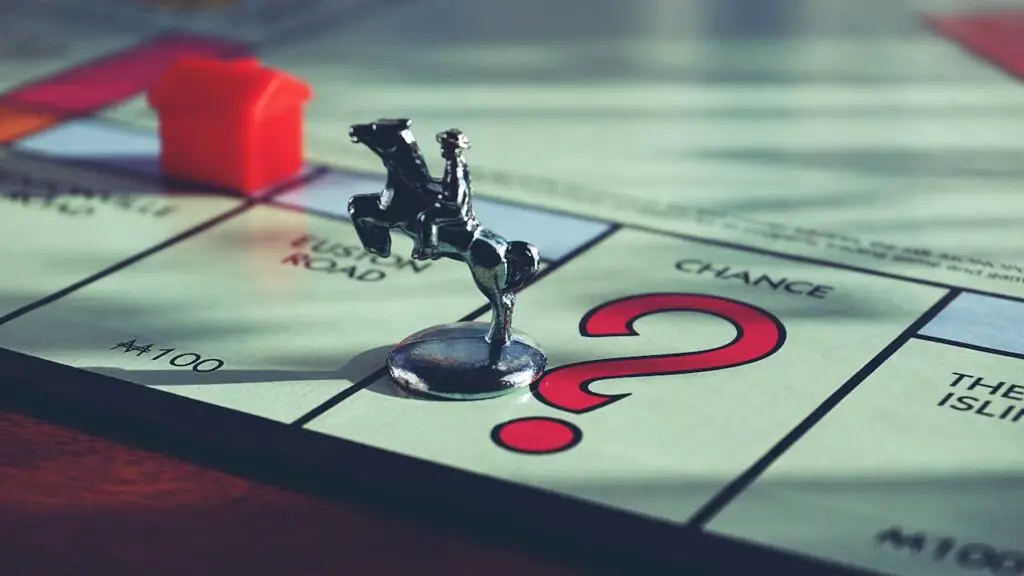
The Digital Revolution: The Birth of Video Games
The 20th century marked the beginning of the digital age, revolutionizing the world of gaming with the introduction of video games.
The Early Years
The first video game, Tennis for Two, was developed in 1958 by physicist William Higinbotham. However, it was the 1970s that saw the true birth of the video game industry with the release of arcade games like Pong and Space Invaders. These games were simple yet captivating, paving the way for the rapid expansion of digital gaming.
The Rise of Home Consoles
The 1980s and 1990s saw the rise of home gaming consoles, with companies like Nintendo and Sega leading the charge. Iconic games like Super Mario Bros., The Legend of Zelda, and Sonic the Hedgehog became household names, establishing video gaming as a major form of entertainment.
The advent of personal computers also contributed to the growth of gaming, with games like Doom and Warcraft popularizing genres such as first-person shooters and real-time strategy games.
The Modern Era: The Emergence of Esports
The 21st century has witnessed the explosion of video gaming into the realm of competitive sports, known as esports.
The Growth of Competitive Gaming
Esports began gaining traction in the late 1990s and early 2000s with competitive games like StarCraft and Counter-Strike. The advent of high-speed internet allowed players from around the world to compete in real-time, fostering a global competitive scene.
The Rise of Professional Esports
Today, esports is a multi-billion dollar industry with professional leagues, teams, and players. Games like League of Legends, Dota 2, and Fortnite have massive followings and host tournaments with prize pools reaching into the millions. The League of Legends World Championship, for example, attracts millions of viewers each year, rivaling traditional sporting events in popularity.
The Impact of Esports
Esports has not only transformed gaming but also has had a significant impact on mainstream culture. Professional gamers are now celebrities, with sponsorships and endorsements from major brands. Esports events are broadcast on major television networks, and esports scholarships are becoming increasingly common in universities.
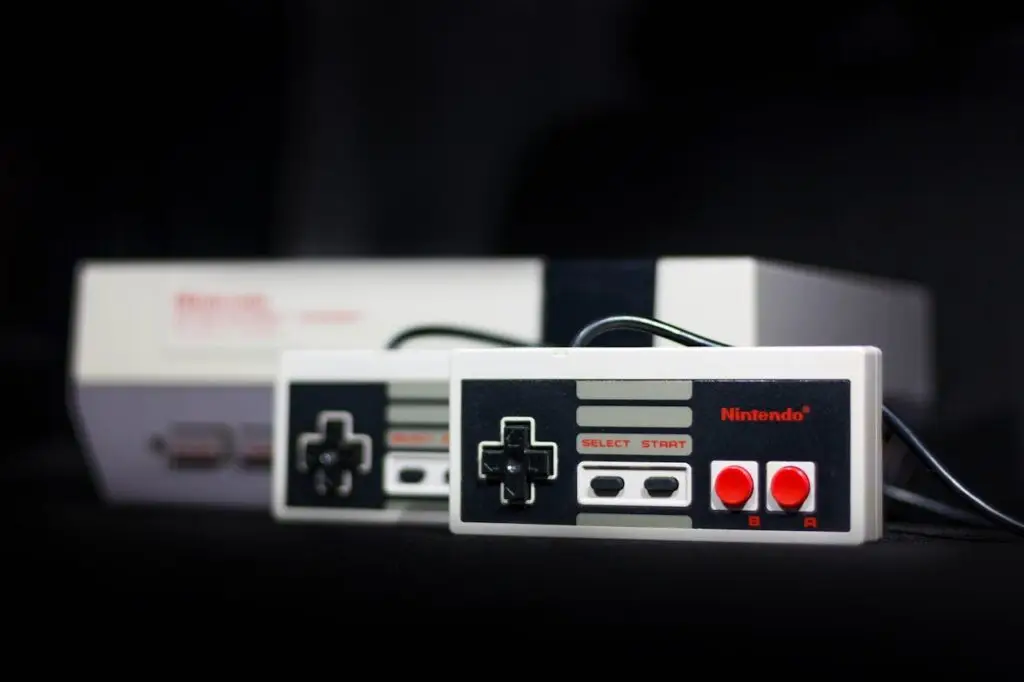
Conclusion: The Future of Gaming
The evolution of gaming from ancient times to modern esports reflects broader societal changes and technological advancements. As we look to the future, the possibilities for gaming are endless. Advances in technology such as virtual reality (VR), augmented reality (AR), and artificial intelligence (AI) promise to further revolutionize the gaming experience, making it more immersive and interactive than ever before.
Gaming has come a long way from its humble beginnings, and it will continue to evolve, shaping and being shaped by the cultures and technologies of tomorrow. Whether it’s a simple board game, a traditional sport, or a competitive esports match, gaming remains a timeless and universal way for humans to connect, compete, and have fun.

PERSONAL INSIGHT AND PERSPECTIVE
Coursing through history is surely exciting and hard. But there is a certain satisfaction i gain from such attempts. This article does not and cannot cover everything from generation to generation. There is much more that meets the eye.
But i believe it will help both me and my audience to have a glimpse of how gaming was, is, and always will be a part of human life, its existence and its evolution. It is a matter of great importance to me to provide such content. I have tried and i will continue my best to provide authentic articles and perspectives related to my niche.
My blog site is all about gaming and its relevant history, I’m sure there will be many questions related to this topic, I will try my best to answer them.

